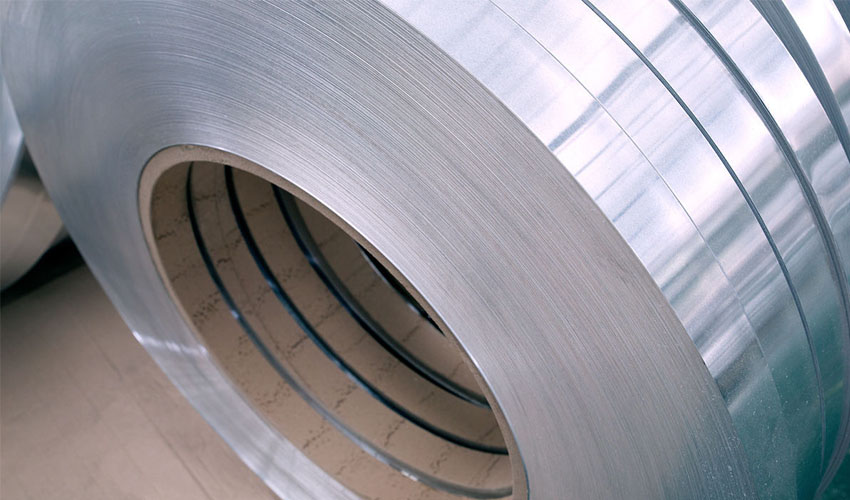Advantages of Aluminum Strips For Cable Wrapping
May 24, 2018
Aluminum strips for cable wrapping are usually of O state. They are made of 8011 or 1060 aluminum alloys. Their thickness ranges between 0.12mm and 3.0mm. While used for cable wrapping, aluminum strips have advantages of good tensile strength, ductility, flexibility, connecting property, load ability, corrosion resistance and matching degree with electric products.

Aluminum strips for cable wrapping have good tensile strength and ductility. Generally speaking, 8011 has better performance than 1060, because it has been mixed with special elements. Its ductility reaches 30%, and its anti-creep property is 300% stronger than 1060. Both 1060 and 8011 aluminum strips boast better flexibility than copper strips. Their flexibility can be further improved by specialized process. In comparison with copper strips, they are less likely to rebound as well. With similar connecting property to copper, they have a higher matching degree with electric products, for most electric connector are made of aluminum alloys. Besides, aluminum cables display excellent loading ability, especially ability of self-loading. A piece of aluminum cable stretches as long as 4000 meters without falling down, while copper cable can only reach 2750 meters. This is a great advantage over cables of other materials in spacious buildings like indoor stadiums. What’s more, aluminum strips have been endowed with a natural advantage: perfect corrosion resistance. Once exposed to the air, the element of aluminum reacts with oxygen quickly, producing a thin solid oxide layer which withstands all kinds of corrosion. This corrosion resistance gets stronger when rare earth elements are added to aluminum alloys.
In addition to advantages of properties, aluminum strips have two overwhelming strengths. As one of the most proper raw materials for cable wrapping, its price is the lowest. After decades of development, aluminum alloy manufacturers have mastered mature processing technology. Factories have formed into large scales around the world. These reduce production cost substantially. Further more, aluminum strips have lighter weight than other candidate materials, because their density is very small. Lighter materials are safer while being hung in the sky.


 Nydia
Nydia
 Sales Manager
Sales Manager